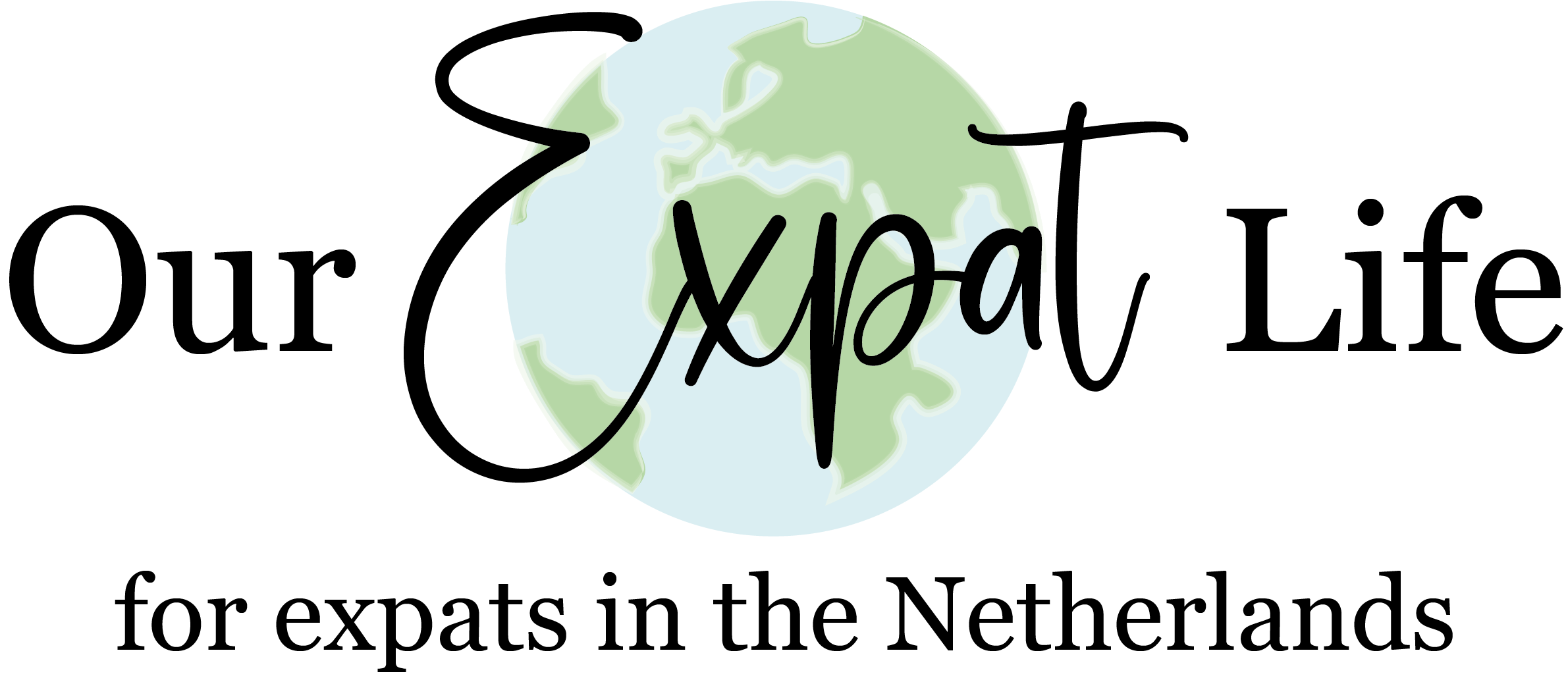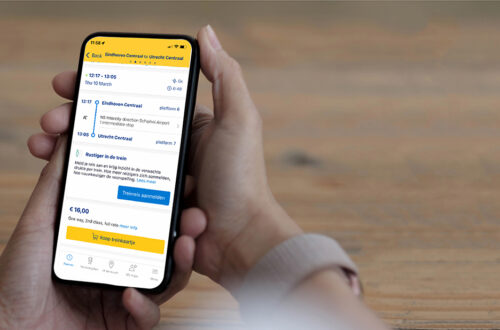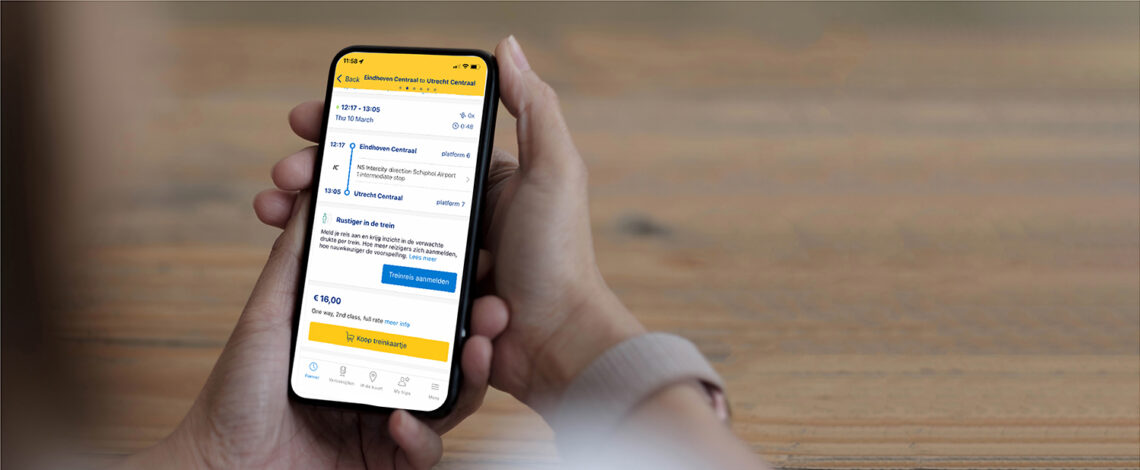-
Moving to the Netherlands is easy with this helpful Guide
Moving abroad isn’t easy. There are so many things to arrange and think about. The rules are different in almost every country, and you have to be very patient. This is no different in the Netherlands. What you need to arrange for moving to the Netherlands depends on your nationality, where you were born, whether you come alone or with family, and if you have found a job already. I will tell you a bit about how things are going in the Netherlands and where you will find more information. I will give you direct links to websites with more details on the subject. I hope this will make your…
-
Useful apps for Expats in the Netherlands
If you’ve just moved to the Netherlands and your bags are unpacked, it’s time to get to know your new country a little better. But before we set off, it is helpful to start this new adventure well prepared, and these handy apps on your phone will undoubtedly help you with this. So check out these useful apps for expats in the Netherlands, and you are good to go. 1. Buienradar With Buienradar, you can see where and when it will rain. Buienradar has a handy radar that shows the location of the rain showers over the Netherlands. With this app, you can look 24 hours ahead and see the…
-
Make your own personalized Valentine Cards
Valentine’s Day is a day when we think a little extra about everyone we love. As expats, this means that it is one of those days that we have to miss our family and friends just that little bit extra. Because I have experienced this feeling repeatedly in recent years, I started thinking about what made me happy in these situations. Often, it was a simple WhatsApp message on which I received a sweet message back, which gave me the necessary energy to continue enjoying our adventure. So I will help you with something even better than just a message. I made a Valentine card that you can personalize…
-
How to celebrate Sinterklaas
Sinterklaas is a famous annual festival celebrated in the Netherlands on December 5. The Sinterklaas season starts in mid-November with the arrival of Sinterklaas on the first Saturday after November 11 (Sint Maarten), followed by a period of putting a shoe in front of the fireplace until the party itself. When we talk about Dutch culture and specific things that belong to this country, we think directly of Sinterklaas. It’s not Santa Claus but Sinterklaas. The figure of Santa Claus is largely based on the Dutch Sinterklaas. There are some differences, however. I will try to help you understand Dutch culture a little bit better, that’s why I especially want…
-
Moving back home after 4 years in Taiwan!
After four great years as an expat family in Taiwan, it was time to move back to our home country, the Netherlands. The kids will be graduating in the Netherlands in the coming years and will find their way in life. Bert and I will work hard to make our dreams come true and retire early to travel the world together. That special feeling of freedom we experienced in Taiwan has made us reflect and change our outlook on life. In this post, we will share how we experienced moving back to our home country. I also give you tips about things that we have experienced as very helpful. Moving back or…
-
Xie Xie Ni Taiwan
Our last week in Taiwan has arrived. The last week of an incredible four year adventure in which we have learned and grown so much. Four years in which we have learned about Taiwan and the culture that comes with this country. Four years in which we have had to deal with emotions that we never experienced before. But also four years in which we have created a unique family bond and in which we have grown so close as a family. No one can take this incredibly beautiful experience away from us. Before we step on the plane, we want to look back on this adventure and say thank…
-
Moving abroad with children!
Four years ago, we decided to say goodbye to our busy life in Belgium, leave for Taiwan, and become an expat family. We had quite a good life but longed for more financial freedom to travel and show the children more of the world. Moving abroad was our chance to make a dream come true. An assignment for the company where Bert is working made this possible. We hope with these tips to make the step to live abroad a little easier for you and to experience this incredible adventure as a family soon. Busy Family When I look back on our life in Belgium, it was mainly a feeling…
-
How we sold everything and became expats
Bert had traveled to Taiwan for several years before we started this journey. He fell in love with Asia and came home after every trip with lovely stories and pictures. So our curiosity about Taiwan and being an expat grows. At the end of 2016, Bert came home from work with a proposal to go to Taiwan for two years. We finally decided to jump on the bandwagon and go for it. If we didn’t like it, we’d be back in no time. So we left everything behind and followed his leads to the other side of the world to start our expat life. Belgium In 2008 we immigrated as…
-
The ultimate guide about expat life
What is expat life about? What are the obstacles that I will encounter? How do I find new friends? Can I get used to the new culture? These are all questions that are part of life as an expat. All things that I wondered about when we moved abroad in 2017. With very small steps and many challenges on our way, we have become accustomed to life as expats. It is not an easy road that you travel but we have really come to love this life. It has changed our lives enormously but also ourselves. We are not the same person anymore as when we left. You can…
-
10 easy tips to fight Expat Loneliness
Expat loneliness and missing family are the difficult things in life as an expat. Especially when you just arrived in your new country and don’t know a lot of people. Missing family is something we have to deal with as long as we want to live this expat life. But that feeling of loneliness will get better in time especially when your social life starts to grow. I’m sure these tips will help you to create a group of friends around you. Expat Loneliness In the first months of our life as expats, we were busy unpacking and organizing our new home. The hubby and the children went to…


























